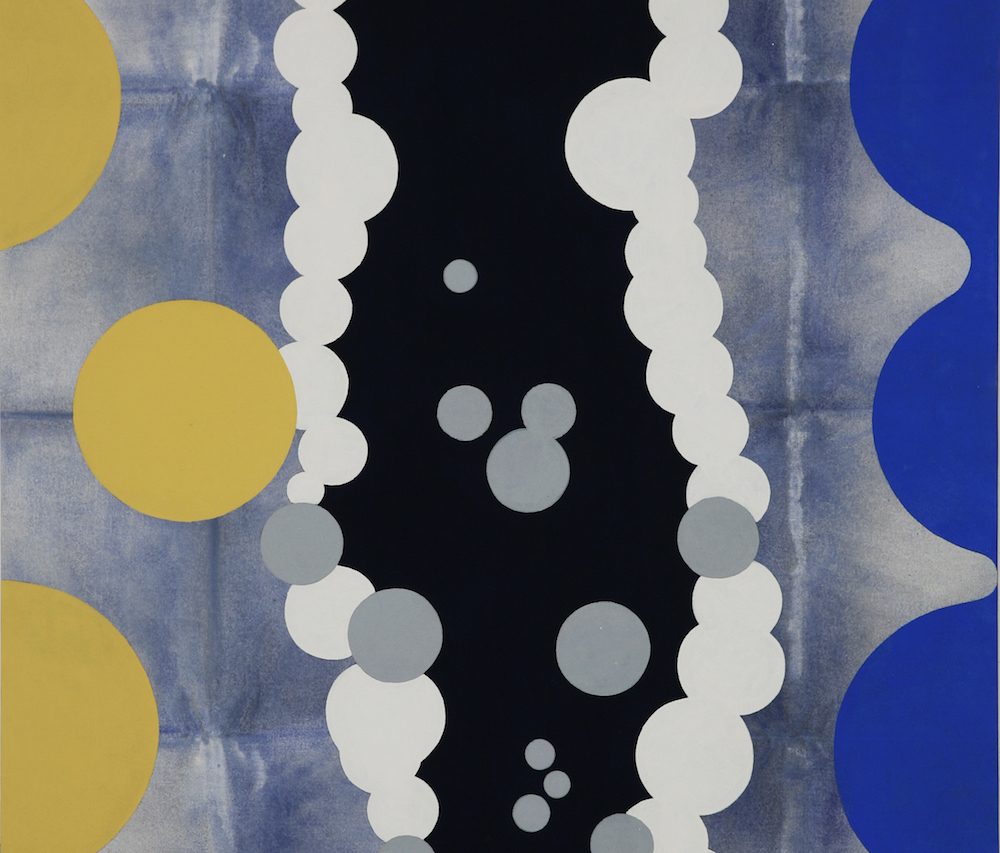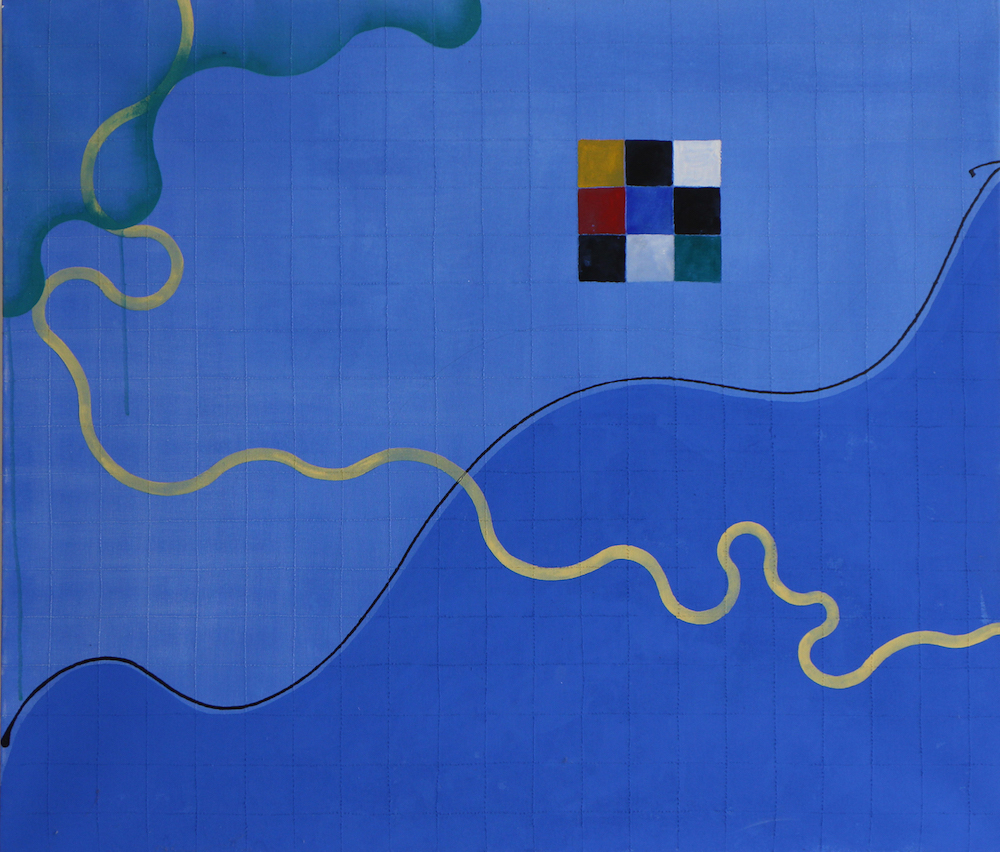Poetry by Alice Major

Zinnia Becomes First Flower to Bloom on Space Station
The first zinnia ever to flower on the International Space Station hovers in the microgravity of the observational cupola. Windows on all sides and above. The zinnia turns its saffron profile to the sky, where Earth’s blue limb curves at the edge of the glass. The planet and the plant float against the dark of space.
Zinnia belongs to the sunflower tribe, its roots tangled in the brilliant evolutionary braid between petal and pollinator. Like its helianthus relatives, zinnias lift their sturdy faces to the sun’s arc across the sky. But the space-station zinnia is spun dizzily through sixteen sunrises every day. The only slow and constant curve is the edge of that sky-blue planet below.
This bloom has been grown here from seed, tended by its latest pollinators—the humans for whom it is a precursor to future plants that will be raised up here for food. Before we travel further out to space, we must be able to supply ourselves continuously with nourishment. And before ever there is fruit, there must be flower.
In the language of flowers,
the zinnia expresses
thoughts of absent friends.

Path Integral
I’m angry about anger—this all-too-easy sheet of flame with its ever-ready pilot light always prepared to sweep the brain. This coil of neurobiology, the braided lash that rounds us up into obedient legions, to be hectored from lecterns: They’re taking things away from you, those hidden elites, those threatening other-colored others. This fetter fastened round our necks, a convenient collar where demagogues can attach the leash.
I want to poke around inside the brain, unroll the wrinkled cortex into a flat, creased sponge and map anger’s coordinates. Along the x axis: half a billion years of animals trying to survive by fighting back. Along the y axis: the logarithmic scale of primate generations, social structures becoming as convoluted as a coral reef, anger rearing up when others break the rules. And z, the dimension of the individual life, its traumas and tender spots.
On this stretched-out cortex, I want to locate anger’s many domains—bile and choler, ire and indignation, aggression and rage—and trace the paths that chain them. Where is the fury that is close to joy, its luxurious purity? Where do we locate the sullen burn of grudge? Where do I find the domain anger shares with religion, our gods of righteous wrath and war with their foreheads of bronze or steel? Where is that narrow territory where unnecessary rage roars up when I’m hurt by something as minor as a stubbed toe?
Surely knowing this territory would help us negotiate these fragile, fractious times.
But the map bewilders me—the infinite calculation of its tangled functions, its derivatives, its boundaries. I can’t compute the area covered by anger, nor the sum-over-histories of its evolving wave that rolls through brains and time and populations. I can’t sum up this cortical compulsion that traps us, this power we hand over to noisy purveyors of conflict.
The dog flings itself barking
wildly at the fence
and its mirror dog beyond.
The original music that accompanies the audio readings for both poems is by John Vogel, TW's production editor.
Art Information
- “Celestial Excursion” (cropped) and “Transpose” © Jean Wolff; used by permission.
 Alice Major’s eleventh poetry collection, Welcome to the Anthropocene (University of Alberta Press, 2018), continues her long engagement with science and mathematics. She has also published the essay collection Intersecting Sets: A Poet Looks at Science (University of Alberta Press, 2011). Her many awards include the Pat Lowther Memorial Award from the League of Canadian Poets; a National Magazine Award Gold Award, Essays; and most recently, an honorary doctorate of letters from the University of Alberta.
Alice Major’s eleventh poetry collection, Welcome to the Anthropocene (University of Alberta Press, 2018), continues her long engagement with science and mathematics. She has also published the essay collection Intersecting Sets: A Poet Looks at Science (University of Alberta Press, 2011). Her many awards include the Pat Lowther Memorial Award from the League of Canadian Poets; a National Magazine Award Gold Award, Essays; and most recently, an honorary doctorate of letters from the University of Alberta.
For more information, visit Alice Major’s website.
